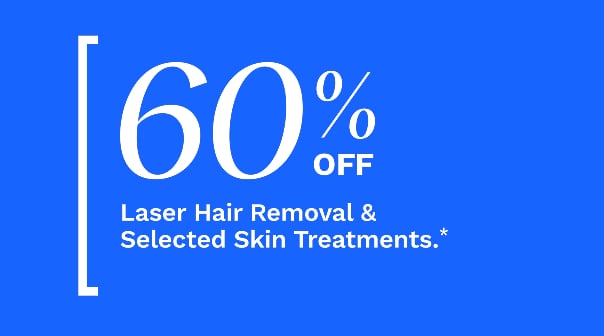The old saying “You are what you eat” is especially true for skincare. While genetic factors play a role in how your skin looks as you age, nutrition also contributes to overall skin health. And with Easter just around the corner, it might be harder to say no to anything sweet.
While chocolates and big family lunches are always a good idea, are they always good for your skin in the long run? What are the types of food that are beneficial for your skin? Should I drop the chocolate and cancel family time?
To answer these burning questions, read through our guide on how your diet can affect your skin.
Does My Diet Have Long Term Effects on My Skin?
Regardless of what you eat, anything you put into your body can have long-term effects on your skin. For example, if you have too much refined sugar in your diet, it can prolong or worsen your acne.
While eliminating carbohydrates from your diet entirely can have untoward effects on other bodily functions, minimising your consumption of simple and refined sugars can be beneficial. Less sugar means that your pancreas will produce less insulin, and in turn, also reduces your chances of having excessively oily and acne-prone skin.
If you are vegan or vegetarian for whatever reason, there is some skin-related benefit to eliminating or reducing meat intake. Because your diets are generally lower in fat and cholesterol, you do experience fewer outbreaks. However, you still need to have plant-based, dairy-free healthy fats in your diet to prevent your skin from going dry.
It’s also important that you stay hydrated throughout the day. Whether that’s two litres of water for you or more, as long as you make water your primary source of hydration, you’re all good.
If you do either the Keto or Paleo diet, know that they do not have observed long-term skin benefits and we can neither recommend nor tell you to avoid them.
What’s the Best Diet for My Skin?
The best diet to have healthy skin is one that doesn’t make you feel guilty about eating a bit of chocolate or unabashedly chowing down on some large fast-food order after a long day at work. What is important, however, is that you keep your treats down to a minimum and focus on getting in nutrient-dense foods into your regular meals.
Nutrient-Dense Food
These types of food contain all the necessary vitamins, minerals, carbohydrates, protein and fats that keep you alive and healthy. For the skin, it’s a good idea to add the following to your diet plan:
- Fatty fish like salmon: They contain healthy fats that keep your skin supple and moisturised
- Avocados: They also contain healthy fats that keep your skin moisturised and may protect your skin from sun damage. They also contain vitamin E, an essential vitamin that prevents your skin from oxidative damage.
- Walnuts: They contain several nutrients, like essential fats, Vitamin E and Zinc to keep your skin healthy and youthful.
- Sweet potatoes: They contain a provitamin called Beta Carotene which acts as a natural sunscreen.
- Capsicum: Often known as bell peppers in the West, capsicums are rich sources of Vitamin C, which is essential in creating collagen, and thereby keeping your skin smooth and supple.
- Tomatoes: Also a rich source of Vitamin C, tomatoes help to protect your skin from sun damage.
Along with proper hydration and good sleep quality, a nutrient-rich diet that is unique to your needs and physiology can keep your skin healthy as you age.
So go and enjoy your Easter celebrations! Just remember to eat well.
Laser Clinics New Zealand helps you feel good about yourself, inside and out. Pair your skin-loving diet with our treatments that bring out your glow at any age. Book a consultation today or contact us for any enquiries.








